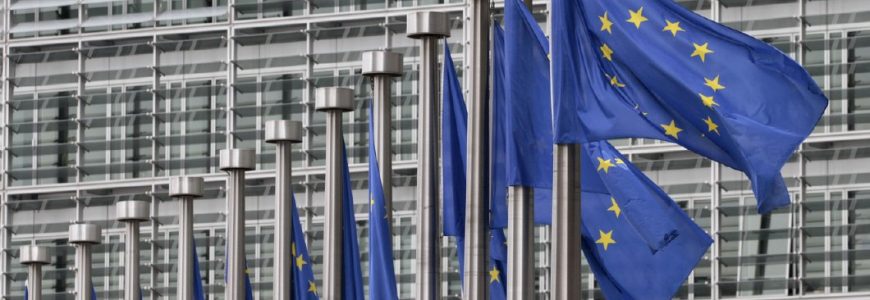
In the last week, European business leaders and policymakers have grown more vocal about the possibility that the European Union would employ blocking regulations to protect European businesses from the reach of US secondary sanctions on Iran. These regulations would penalize European companies for complying with secondary sanctions, which may snapback if the Trump administration decides to withdraw from the Iran nuclear agreement.
Total CEO Patrick Pouyanné became the first high-profile European executive to publically call for such measures to be considered, disclosing that Total has been in discussions with French and European authorities about “means to protect investments already made in Iran, even in the case of the return of sanctions.”
Speaking at a conference in Paris last week, Denis Chaibi, head of the Iran Task Force of the European External Action Service, stated that the EU was “looking at a number of possibilities” regarding the regulations.” In his assessment, “it is not complicated to do it legally in that the legal instrument exists, but it doesn’t require a huge internal debate,”
These public statements come as European concerns grow regarding the Trump administration’s ultimatum to “fix” the Joint Comprehensive Plan of Action. The critical deadline is May 12, when the United States will need to once again waive its secondary sanctions on Iran. Failure to do so would see secondary sanctions “snapback,” exposing European companies to extraterritorial penalties for their commercial activities in Iran.

